June 3, 2019
The best workplace events to look forward to in June
 As the workplace sector raises its profile and that of the key topics that define it and the world sets out to address the wide range of challenges for the way we live and work, some of them even vital for our existence, this might prove to be something of a seminal year and so it’s important to be out and about sharing ideas. Fortunately, you can find a full list of relevant happenings around the world on our Events page, the most comprehensive calendar of workplace related events in the world, in partnership with Herman Miller.
As the workplace sector raises its profile and that of the key topics that define it and the world sets out to address the wide range of challenges for the way we live and work, some of them even vital for our existence, this might prove to be something of a seminal year and so it’s important to be out and about sharing ideas. Fortunately, you can find a full list of relevant happenings around the world on our Events page, the most comprehensive calendar of workplace related events in the world, in partnership with Herman Miller.
This upcoming month, June 2019 see a range of key topics addressed including wellbeing, sustainability, office design, coworking and acoustics. Here are a few of the best:
BCO Annual Conference
05 June 2019 – 07 June 2019
Copenhagen
RICS Digital Built Environment Conference 2019
05 June 2019
London
Wellbeing at Work
06 June 2019
New York
The Association of Noise Consultants annual conference
06 June 2019
Manchester
The Smart Conversations Workplace Conference
06 June 2019
Barcelona
BRE Wellness and Biophilia Symposium
06 June 2019 – 07 June 2019
Watford
Condeco Workplace Innovation Forum
06 June 2019
London
Neocon
10 June 2019 – 12 June 2019
Chicago
CIPD Festival of Work
12 June 2019 – 13 June 2019
London
Future of Work Summit 2019 – Embrace Change to Manage the new Workplace Reality
13 June 2019
London
Personal preferences in the modern office – with Dr Nigel Oseland
18 June 2019
London
IWFM Annual General Meeting (AGM) June 2019
20 June 2019
London
Workplace Week – New York
24 June 2019 – 28 June 2019
New York
Coworking London Conference 2019
27 June 2019 – 28 June 2019
London










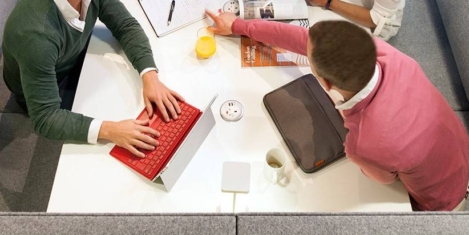

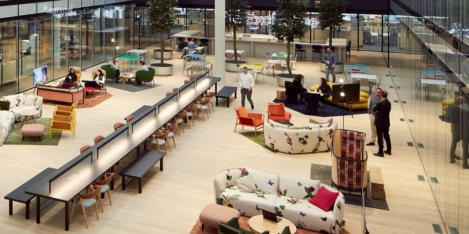
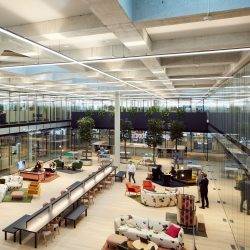
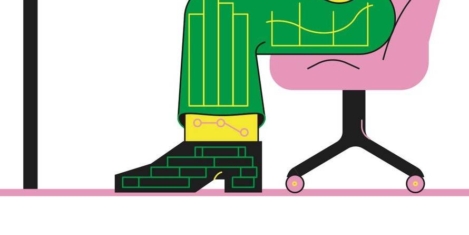
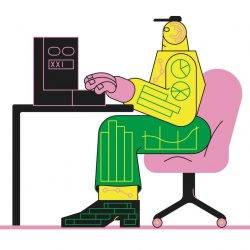
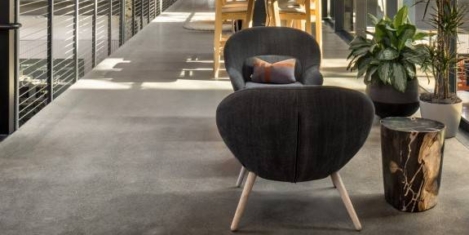

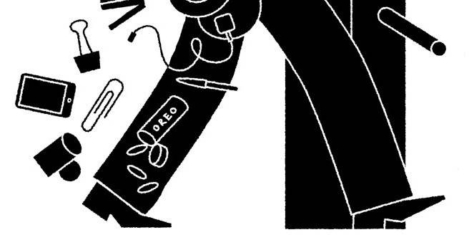



















May 16, 2019
Working from home and the future of work. How quaint 0
by Mark Eltringham • Comment, Flexible working, Property, Technology
More →